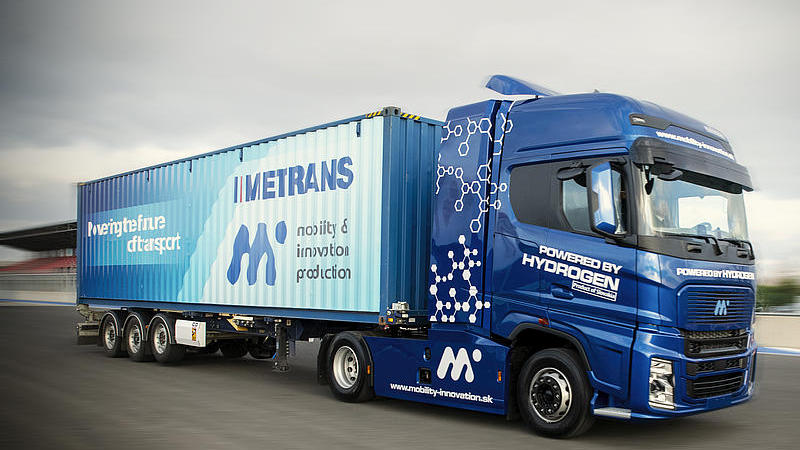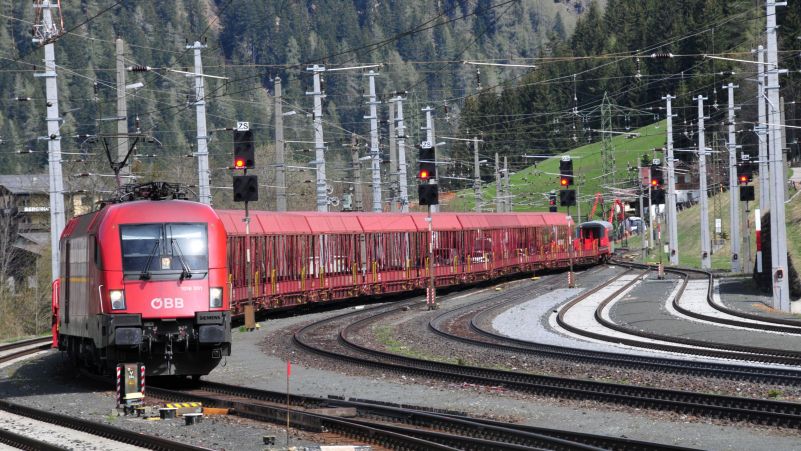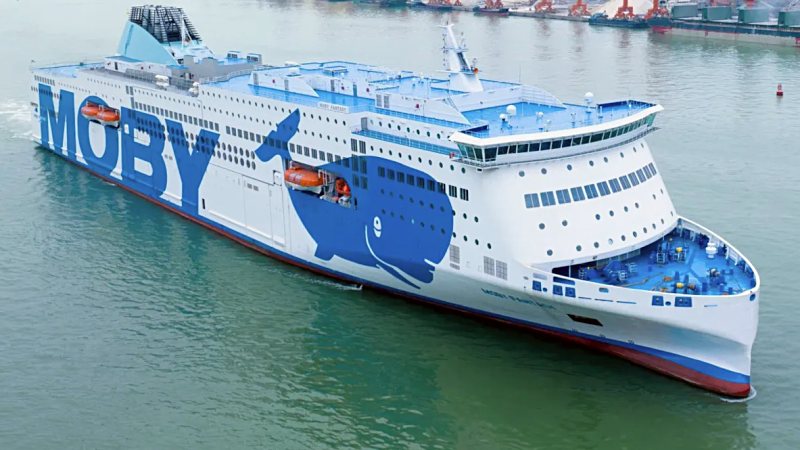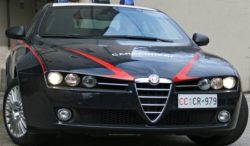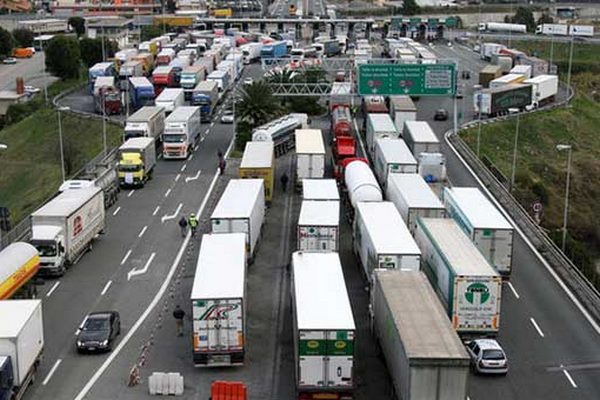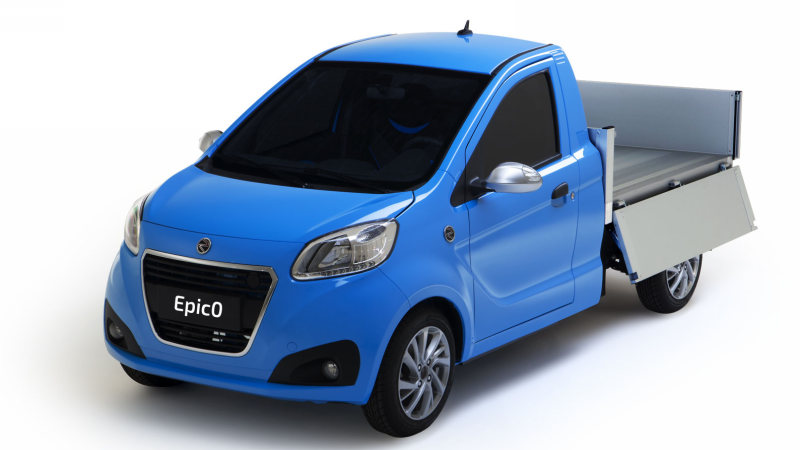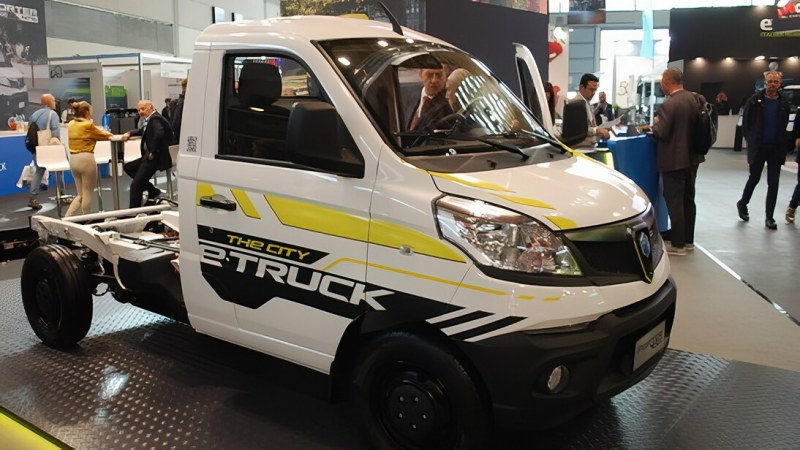On November 18, 2024, Daimler Truck announced the approval of €226 million in funding for the development, small-scale production, and deployment of one hundred hydrogen-powered electric fuel cell trucks. The Federal Ministry for Digital and Transport (BMDV), together with the federal states of Baden-Württemberg and Rhineland-Palatinate, formally handed over the funding document to Karin Rådström, CEO of Daimler Truck, at the company's development and testing center in Wörth am Rhein.
This funding is part of the European IPCEI (Important Project of Common European Interest) program on hydrogen and will support both vehicle development and production activities. The fuel cell trucks will be built at the Mercedes-Benz plant in Wörth and are expected to be deployed with various customers by the end of 2026. The project also includes feasibility studies on the hydrogen value chain and investments in the facilities and production processes needed for series production. Key components will be assembled at several German production sites, including Kassel and Mannheim, while the fuel cells will be produced by Cellcentric in Esslingen and assembled in a twin system at the Gaggenau plant.
According to Daimler Truck, liquid hydrogen is key to extending the range of fuel cell trucks. Compared to gaseous hydrogen, the liquid state provides a higher energy density, extending the range of vehicles to up to one thousand kilometers or more, and ensuring performance comparable to that of a diesel-powered truck. In September 2023, Daimler Truck demonstrated the potential of the Mercedes-Benz GenH2 Truck by covering over 1,047 kilometers on a single refuel during the #HydrogenRecordRun event.
"The approval of funding for the development and small-scale production of one hundred fuel cell trucks is a significant boost for the use of hydrogen in road freight transport," said Karin Rådström. "This is a strong signal not only for Daimler Truck but for the entire commercial vehicle industry." The German manufacturer's goal is to offer CO2-neutral vehicles in major global markets by 2039, with a strategy based on two technologies: hydrogen-powered vehicles and battery-electric vehicles. Daimler Truck sees this dual technological approach as the best solution to meet the diverse needs of heavy and long-distance transport, particularly in the most demanding and flexible applications.



